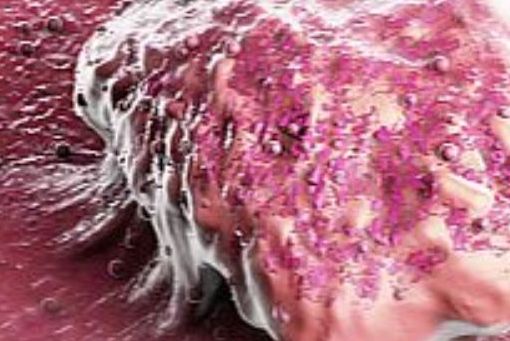
Insights Into Breast Cancer 2020 Midwest
Perspectives from community physicians from the midwest region of the US on current treatment practices regarding therapy of HR+, HER2+, and triple-negative advanced breast cancer, and attitudes toward recently introduced and upcoming agents

Faculty Chair
William Gradishar, MD, FACP
Northwestern University Feinberg School of Medicine, Chicago, IL, USA
REPORT SNAPSHOT
Treatment of HR-Positive Advanced Breast Cancer
- Initial endocrine therapy: Single agent vs combination with CDK4/6 inhibitor
- Targeted therapy for PIK3CA-mutated disease
- Treatment of progressive disease: Choice of next-line endocrine therapy, impact of prior treatment, monotherapy vs combinations with targeted agents (eg, everolimus, CDK4/6 inhibitor [beyond progression?])
- When to switch to chemotherapy, choice of initial and later-line treatment
Treatment of HER2-Positive Advanced Breast Cancer
- Initial therapy: Is dual HER2 blockade the standard?
- Treatment of progressive disease: TDM-1 vs other options
- Next-generation anti-HER2 agents
Treatment of Triple-Negative Advanced Breast Cancer
- Initial chemotherapy – preferred regimen, role of platinum compounds in practice, taxane selection (eg, nab-paclitaxel)
- Later lines of chemotherapy – role of eribulin and other agents, impact of prior therapy
- Role of PARP inhibitors – approach to germline and somatic BRCA mutation testing, current views on “BRCAness” and homologous recombination deficiency as biomarkers
- Immunotherapy (± nab-paclitaxel)
- Promising investigational targets and immunotherapy
GEOGRAPHIC REPRESENTATION & CONTENT DEVELOPMENT
- The group of advisors comprised community oncologists from the midwest region of the US.
